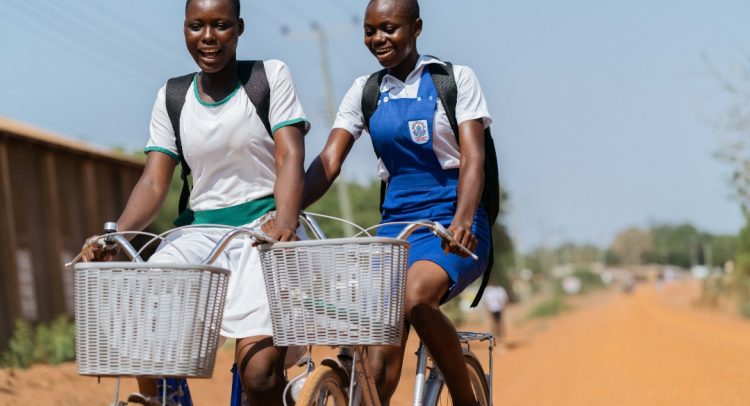Significant progress has been recorded in the improvement of adolescent girls’ welfare following the successful implementation of the Better Life for Girls (BLG) programme by the government in partnership with the United Nations Children’s Fund (UNICEF) and the Korea International Cooperation Agency (KOICA).
The $5.2 million BLG programme, equipped adolescent girls in Ghana with knowledge, skills and an enabling environment to make informed decisions.
It also supported many vulnerable girls to stay in school, including through targeted interventions to help young mothers return to school after childbirth and further ensured the availability of powerful platforms for communities and institutions to engage on pressing issues related to adolescent girls, including child marriage, teenage pregnancy and gender-based violence.
Speaking at a virtual event to officially bring the programme to an end, Country Director of KOICA, Moon Heon Kong, expressed his gratitude to the government and UNICEF for the success of the BLG programme.
“KOICA Ghana has consistently demonstrated support to strengthening Ghana’s education sector by expanding opportunities for improved basic and tertiary education as well as technical and vocational education and training along with support to policy development and advocacy for increased national ownership,” he said.
He said beyond the BLG programme, KOICA will continue to support the education sector with the provision of a new grant in collaboration with Ministry of Education and the Ghana Education Service.
Mr Kong added that the grant will be used in support of the ‘Promotion of Girls’ Competency in Mathematics and Science with Gender-
Responsive Pedagogy’ project which aims to improve the academic performance and transition rates of girls in selected districts within the Central and Eastern regions.
“The project will start in the latter quarters of this year 2021 and will address improvement in math and science education and mentorship for Junior High School Girls in Ghana’s public schools,” he said.
UNICEF Representative, Anne-Claire Dufay congratulated the government and KOICA for the strategic partnership, which has been making a real difference in the lives of thousands of adolescent girls in Ghana.
“The Better Life for Girls programme has enabled many vulnerable adolescent girls to stay in school through targeted interventions, including facilitating the re-entry to school of young mothers after childbirth. Together, we have also empowered adolescent girls through vocational, entrepreneurial and life skills training as a measure to combat child marriage,” she said.
Minister of Education, Dr. Yaw Osei Adutwum said, “It is interesting to note that with the advent of the free Senior High School, parents don’t have to make a choice between sending the boy to school instead of the girl.
Consequently, the gross enrolment ratio for girls at the secondary level has grown during the last four years.
“The best Senior High School based on the West African Senior School Certificate Examination (WASSCE) is a girls’ school. We know that as we support girls, they will achieve, and they will make the country proud. They will also lay a strong foundation for us to realize the nexus between education and socio-economic transformation.
We will do everything possible to ensure that education plays its rightful role in the socio-economic transformation process, especially when it comes to Science, Technology,
Engineering and Mathematics (STEM)– we want to make sure we grow these numbers and as we grow them, we are not going to leave the girls behind,” he said.
By Jamila Akweley Okertchiri

